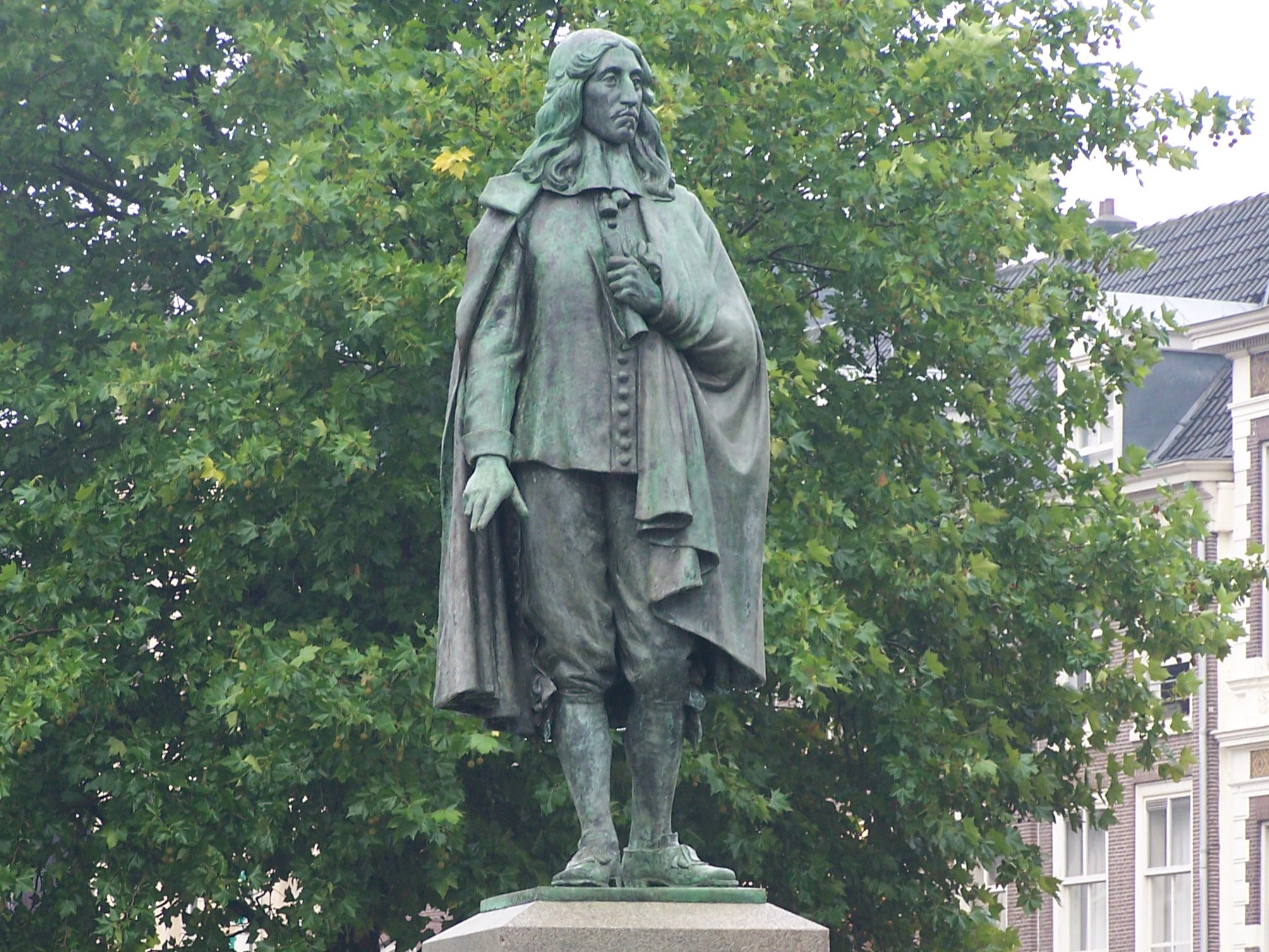Johan de Witt was an influential Dutch statesman of the 17th century, born on 24 September 1625 in Dordrecht. As raadpensionaris of the Republic of the Seven United Netherlands from 1653 to 1672, he played a crucial role in the country's politics and economy. De Witt was a supporter of the republican form of state and was known for his opposition to the Orange family.
His time in office was known as the First Stadholderless Era, a period when the Republic had no stadholder. Johan de Witt's leadership contributed to the flowering of the Dutch Golden Age, a time of economic and cultural prosperity.
Unfortunately, his life ended tragically. In the disaster year of 1672, when the Netherlands was attacked by France, England and two German dioceses, the Dutch lost faith in their leaders. On 20 August 1672, Johan and his brother Cornelis were murdered by an angry mob in The Hague. This event is considered one of the most shameful events in Dutch history.
His legacy is commemorated with a statue (made by Fré Jeltsema) on the Buitenhof in The Hague. The statue of Johan de Witt points with his right hand to the exact spot where his beheading took place.
Photo: CC BY-SA 3.0, https://commons.wikimedia.org/w/index.php?curid=1189749
Johan de Witt statue
Buitenhof 33
2513 AH
Den Haag
Contact details




